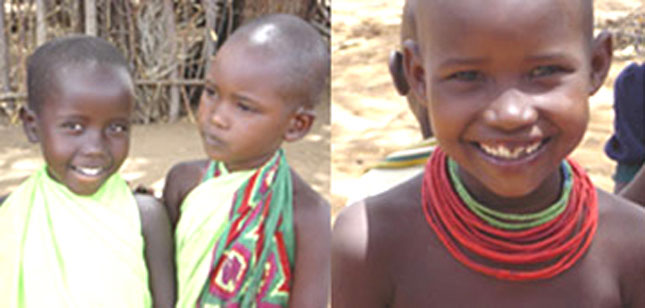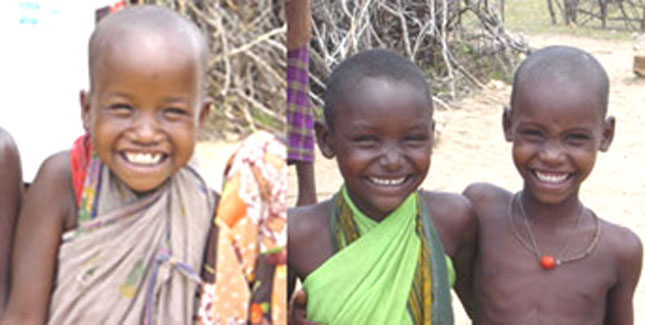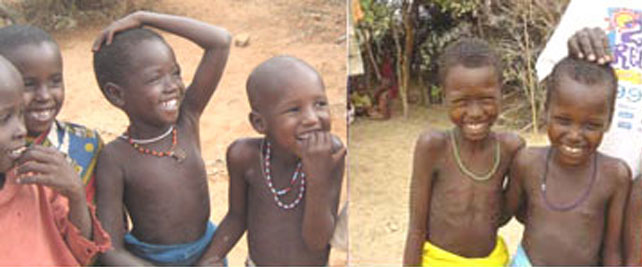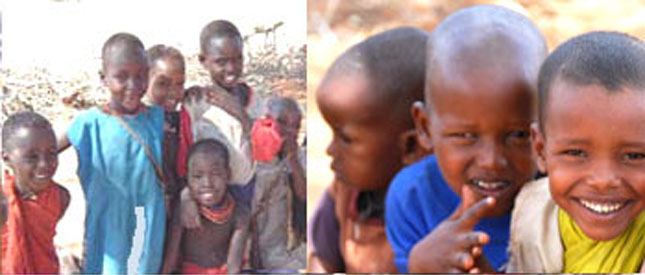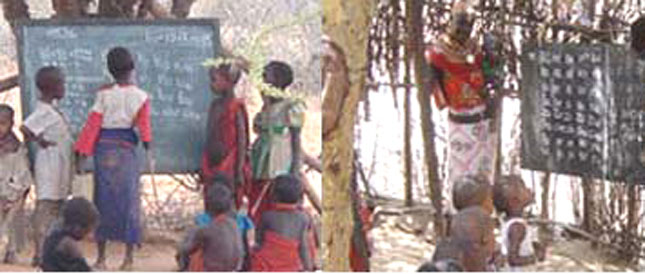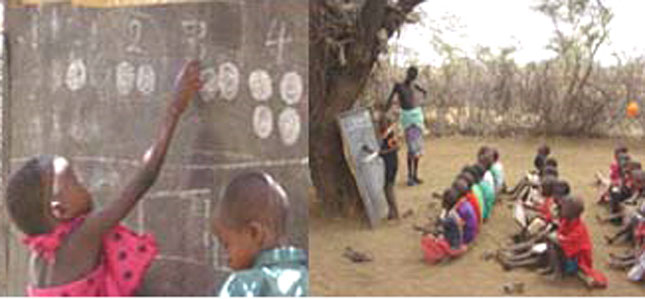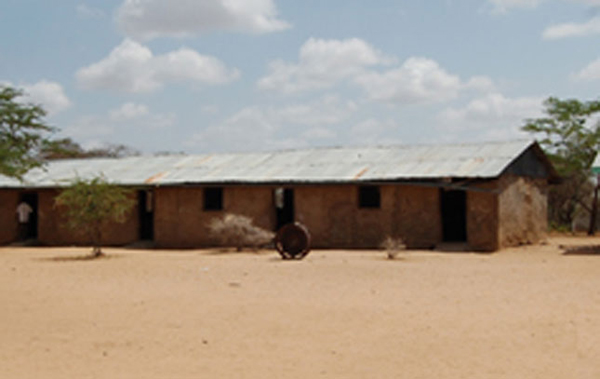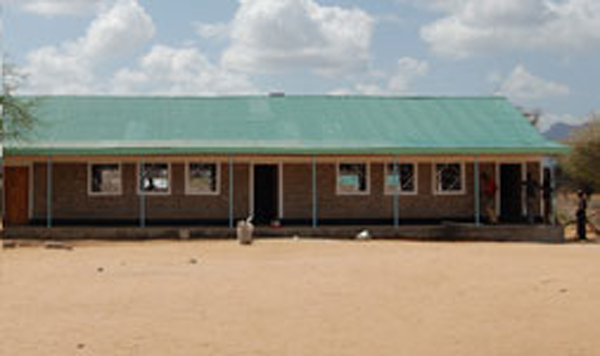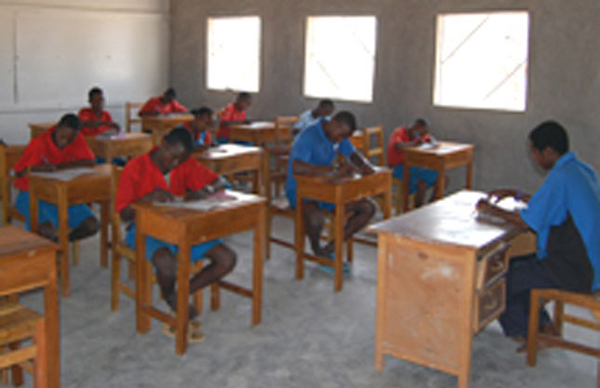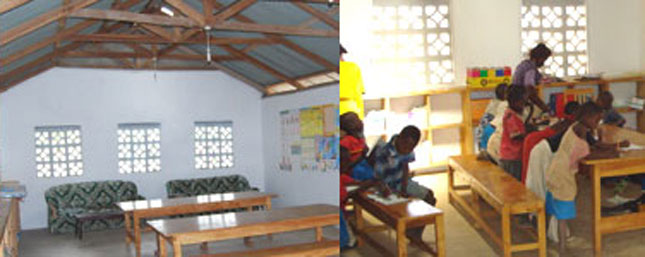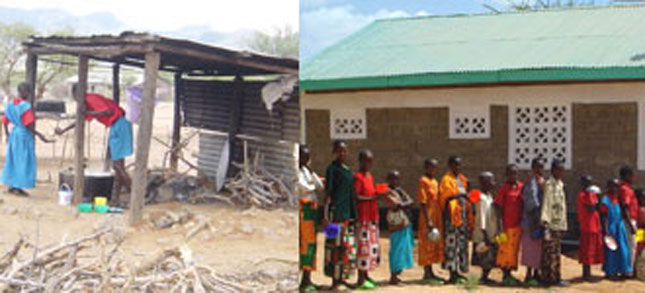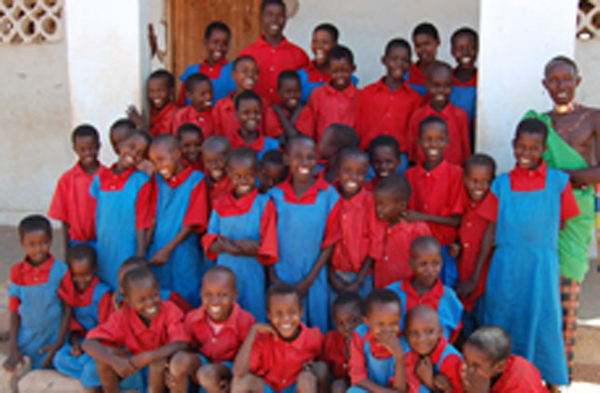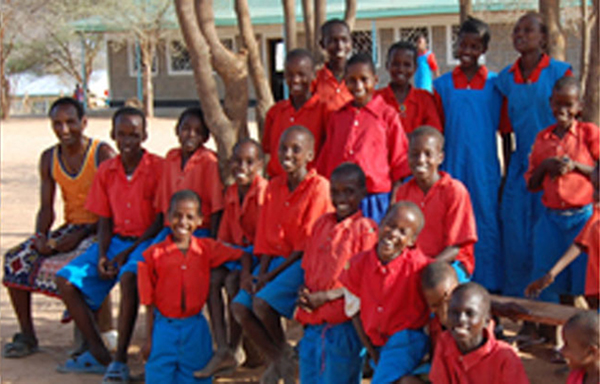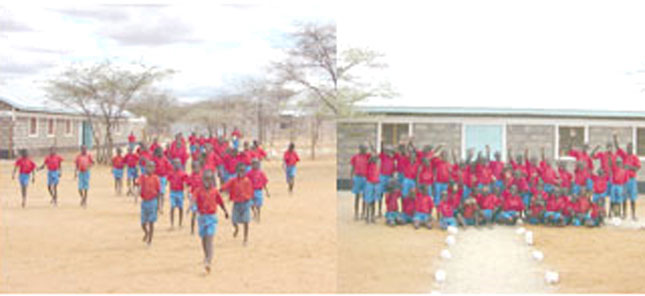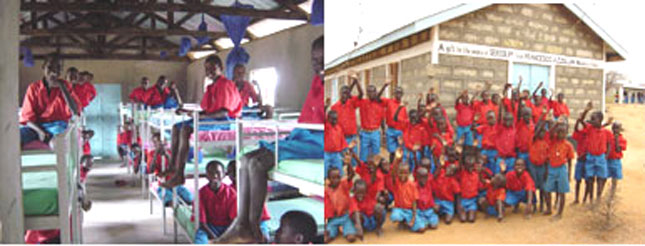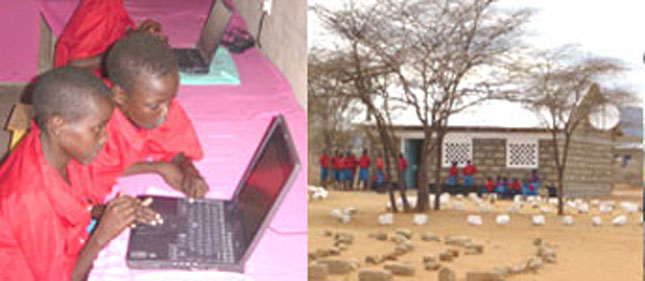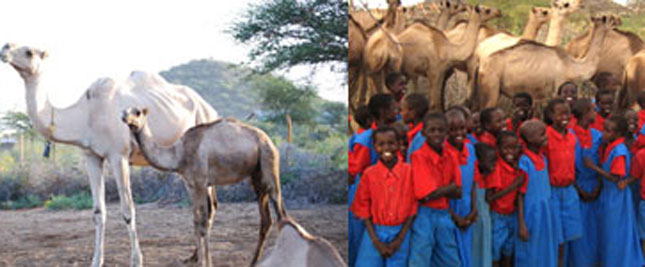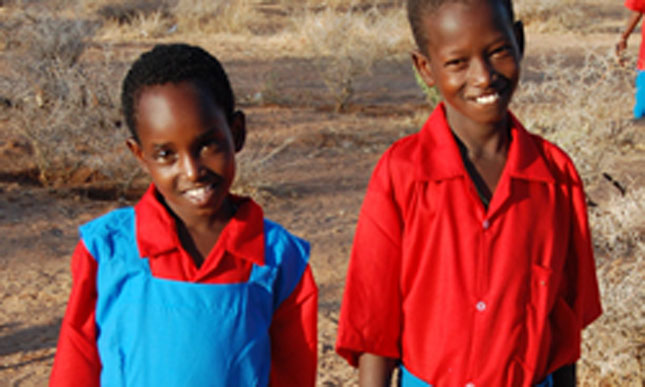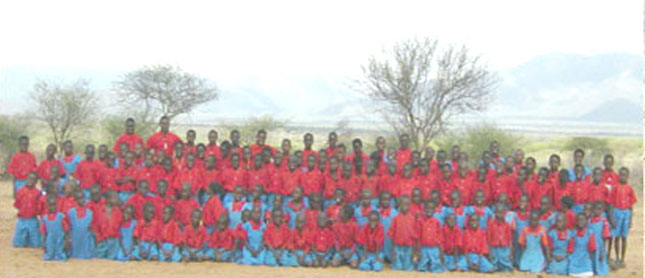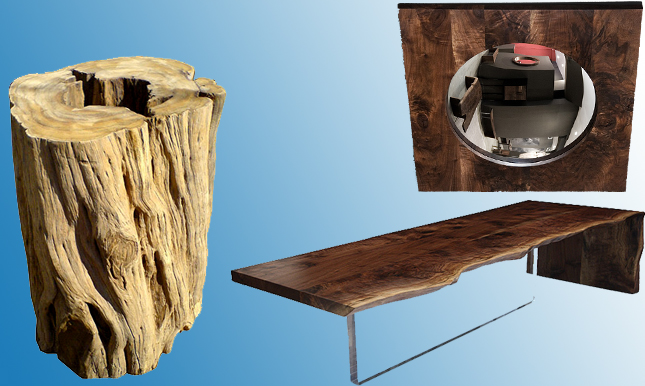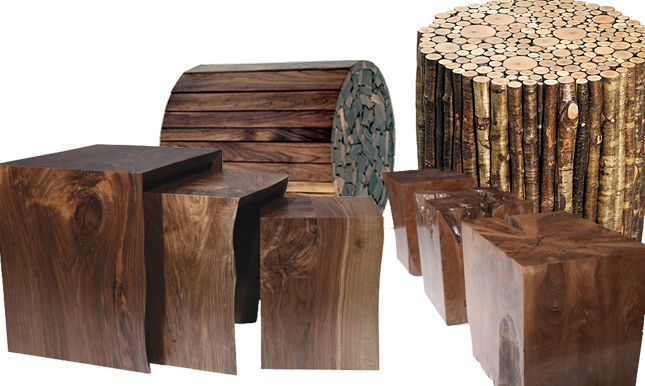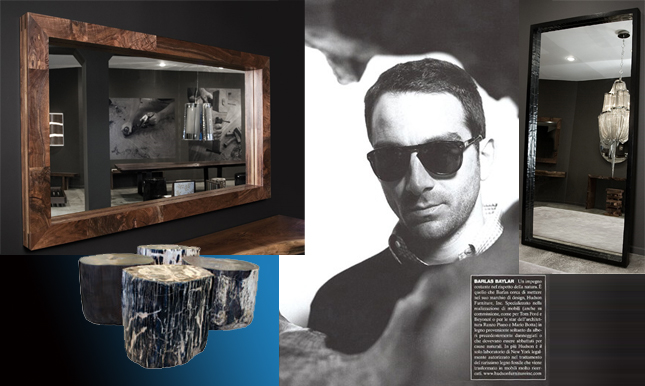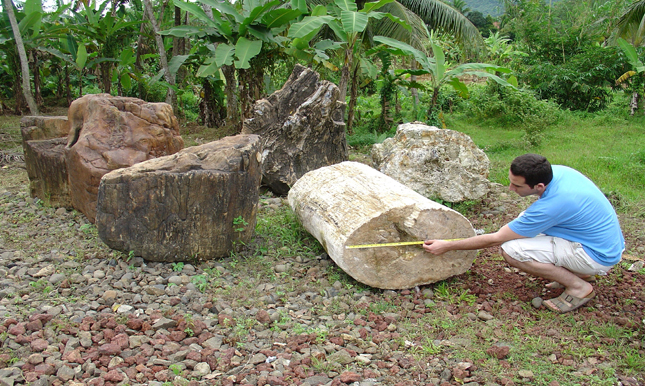Barlas Baylar for Africa
Giving Back, to Land and People
Barlas Baylar, the famous furniture designer based in New York widely acclaimed for his minimalist works that bring natural organic elements into modern interiors, is a committed conservationist as well whose charitable efforts are also extended to the people living in the natural environments that are protected, with a large percentage of his sales and designs donated to the Thorn Tree Project in particular.
Founded to provide schooling for the local Samburu people of Sereolipi in the harsh arid lands of northern Kenya, the Thorn Three Project has since expanded to include small entrepreneurial undertakings in the form of the Bracelet Project, which involves the sale of traditional handicrafts to generate further funds for primary and secondary education there.
Renowned for his bold interpretations of common household furnishing, Barlas Baylar established Hudson Furniture in New York City to better promote his aesthetic visions of luxury living and upscale art. But through personal interests in the wood that’s used for his projects, Barlas Baylar has been lead to the people of Sereolipi and their efforts to properly educate their children. In Kenya, the government provides substantially less than half of what is needed for the operation of a school, and the situation with the two primary schools available in Sereolipi is even far worse. Charities like the Thorn Tree Project fit the philanthropic sensibilities of Barlas Baylar for their combination of people and nature.
The Thorn Tree Project is the brainchild of Jane Newman, who was touched by the generosity of local Samburu people when her car broke down in their village. She visited again the next year for a whole month, and was so moved by their desire to properly educate their children that she started a trust fund for them. Since that time in 2001, twelve preschools were opened, scholarships have been established, and regular healthcare is provided. Even dormitories were built for the students, who can live as far as twenty-five rugged miles away in a country full of tough terrain. Through the generous support of people in Europe and the United States, the Thorn Tree Project currently serves a total of a thousand students of all ages. As mentioned previously, these initiatives have now expanded into small entrepreneurial undertakings where local handicrafts are sold to provide extra funding. Each sale also helps to provide a little bit of monetary support to the individual craftswomen responsible for the art work, who are all mothers with children attending Thorn Tree Project facilities.
HOW YOU CAN HELP
The Thorn Tree Project is a success because of the people in America and Europe who have given so generously to it. Relatively small amounts of money have made a huge difference to the lives of the people in one of the most abandoned places of the world. For the first time they have been able to make choices and with a little help from the outside world, have begun to create significant, meaningful and measurable change.
Things are not expensive in Kenya:
- One meal a day for 1 child for 1 year is $20
- A metal bunk bed that will last forever is $140
- A mattress is $20
- A desk that will seat 3 students is $20
- A full set of text books for a whole class is $1,500
- A teacher’s salary for 1 year is $2,000
- A brand new classroom is $10,000
- A fully equipped dormitory for 48 students is just $17,500
Money raised is always allocated to a particular project. There are no administration costs – Lucy, Jane, and both Georges all work on this project as volunteers and receive no salary or expenses. Each project is budgeted ahead of time and evaluated upon completion against its objectives. Quarterly financial reports are made with an independent CPA in Nairobi.
Our three organizations are:
SEREOLIPI NOMADIC EDUCATION TRUSTKENYA, AFRICA
SEREOLIPI NOMADIC EDUCATION FOUNDATION, INC.
NEW YORK, NEW YORK
USA
SEREOLIPI NOMADIC EDUCATION TRUST
CANTERBURY, KENT
UK
The Sereolipi Nomadic Education Trust (SENET) in Kenya is a government registered self-help group whose stated goal is to get as many children of the nomadic families in northern Kenya to come to school as possible.
The Sereolipi Nomadic Education Foundation, Inc. in New York and the Sereolipi Nomadic Education Trust in England are the fund raising arms of SENET in the USA and the UK respectively. The organization in America will has public 501c3 status and all donations are tax deductible. The organization in England has UK charity status and can reclaim taxes from the IRS for all donations.
American donations can be made by check, made out to "Sereolipi Nomadic Education Foundation, Inc." and sent to:
Sereolipi Nomadic Education Foundation, Inc.c/o John Fraley
Post Office Box 263
Troutman, North Carolina 28166



